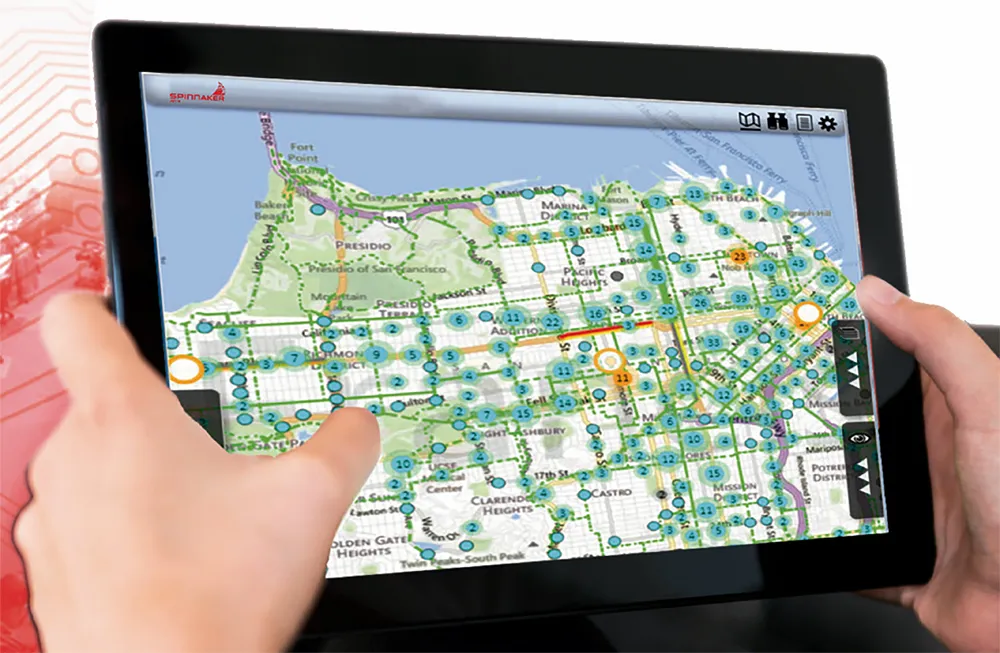Automotive supplier Valeo has partnered with digital security specialist to ensure the security of its virtual car key system, Valeo InBlue, which enables drivers to use their smartphone or connected watch to lock, unlock and start their car, control applications and remotely access useful vehicle data using Bluetooth.
This innovation is based on on-board equipment, connected to a Smartphone development kit hosting a secured virtual car key provided by the Valeo cloud-based platform.
Valeo InBlue
September 21, 2016
Read time: 2 mins
Automotive supplier 8036 Valeo has partnered with digital security specialist to ensure the security of its virtual car key system, Valeo InBlue, which enables drivers to use their smartphone or connected watch to lock, unlock and start their car, control applications and remotely access useful vehicle data using Bluetooth.
This innovation is based on on-board equipment, connected to a Smartphone development kit hosting a secured virtual car key provided by the Valeo cloud-based platform.
Valeo InBlue leverages the3866 Gemalto Allynis trusted services hub solution, providing secure over-the-air deployment and lifecycle management of applications and sensitive credentials for vehicles. Gemalto security solutions ensure that virtual car keys are securely sent to smartphones and stored with a high level of security that is comparable with current mobile payment solutions being deployed with banks around the world.
Valeo InBlue is compatible with Android or iOS based smartphones on any mobile network. The companies say this easy to implement solution makes the technology deployable on any market.
This innovation is based on on-board equipment, connected to a Smartphone development kit hosting a secured virtual car key provided by the Valeo cloud-based platform.
Valeo InBlue leverages the
Valeo InBlue is compatible with Android or iOS based smartphones on any mobile network. The companies say this easy to implement solution makes the technology deployable on any market.










